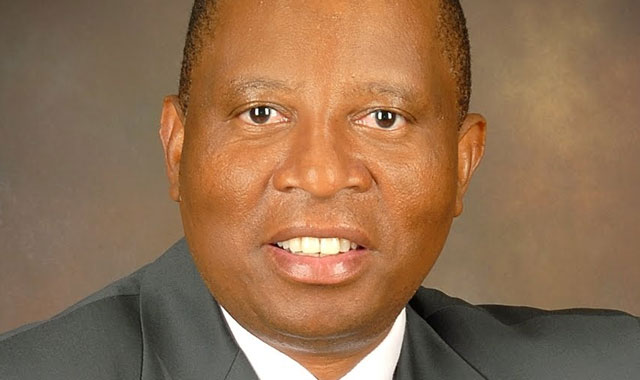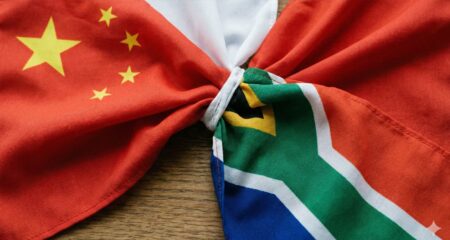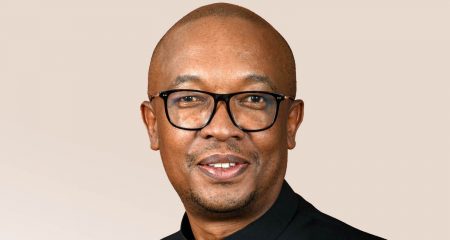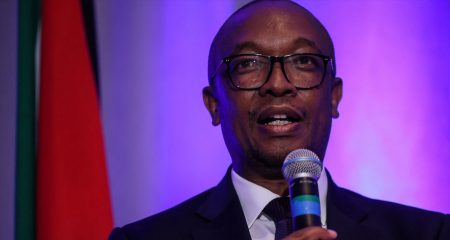
The candidate of South Africa’s main opposition party was elected mayor of Johannesburg, ending the ruling ANC’s control of the nation’s economic hub as well as the capital, Pretoria, after its worst electoral performance since the end of apartheid.
Herman Mashaba, a 56-year-old cosmetics entrepreneur, was elected as Johannesburg’s mayor on Monday during a often raucous 11-hour session during which an ANC councillor collapsed and died.
Mashaba’s victory, secured with the support of South Africa’s third-biggest opposition party, the Economic Freedom Fighters, means Democratic Alliance mayors run Johannesburg, Pretoria, Cape Town, the nation’s second biggest city, and Nelson Mandela Bay.
The loss of Johannesburg and Pretoria capped a dramatic setback for the ANC, which has dominated South African politics since Nelson Mandela led the party to power in 1994 in the nation’s first democratic elections.
It resulted from 3 August local elections when the ANC’s support retained outright majority control in just three of the nation’s eight metropolitan councils.
The ANC’s share of the national popular vote fell to 54,5% from 62,2% in national elections two years earlier, with a series of scandals implicating President Jacob Zuma, an economic slump and high unemployment eroding its urban support.
“It is a psychological blow to the ANC in a big way,” said Somadoda Fikeni, a politics professor at the University of South Africa in Pretoria. “First you lose a city named after your icon, Nelson Mandela, then you lose the administrative capital, now you lose your economic hub and you are reduced to the periphery.”
Mashaba defeated the ANC’s candidate, Parks Tau, who’d been mayor of Johannesburg since 2011.
The municipalities oversee electricity and water distribution, some roads, parks, libraries and sanitation.
Johannesburg, headquarters to the stock exchange and most of South Africa’s largest companies, and Pretoria, where dozens of diplomatic missions are based, have a combined budget of about R81bn and population of 8,3m people.
The rand has gained 2,2% against the dollar since the day of the election, the third best performer of 16 major currencies tracked by Bloomberg. — (c) 2016 Bloomberg LP




